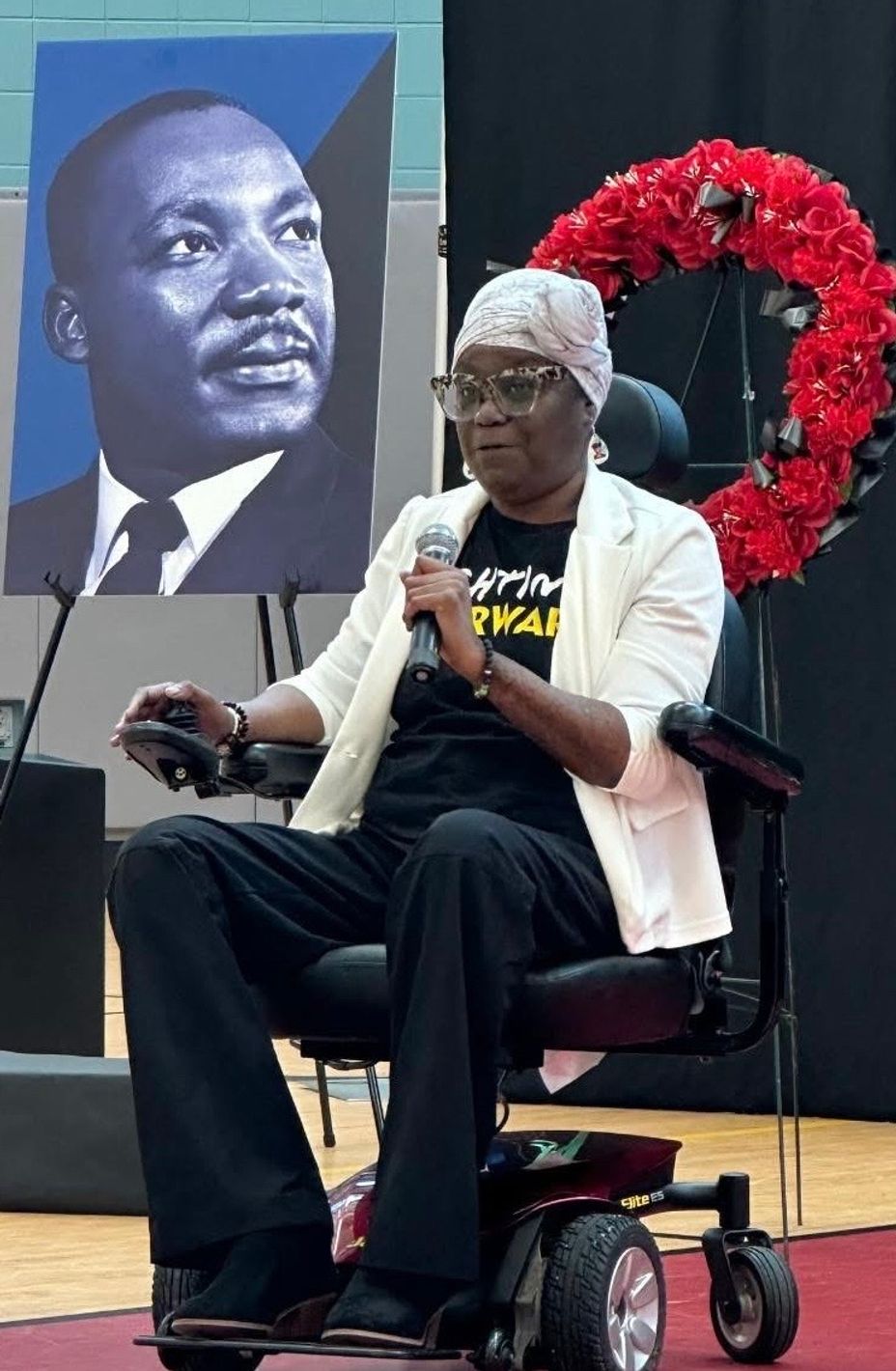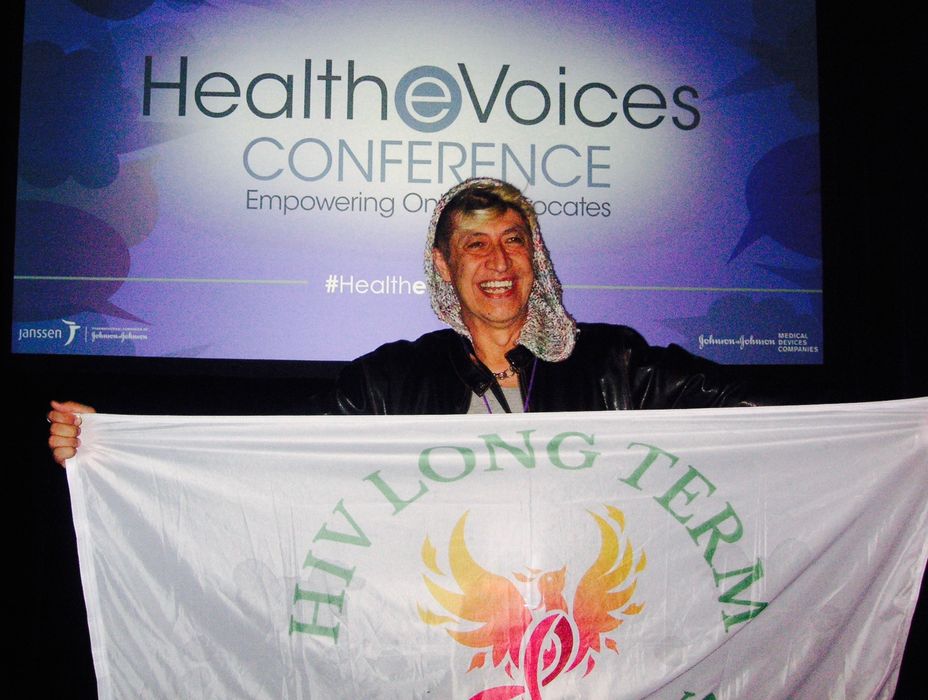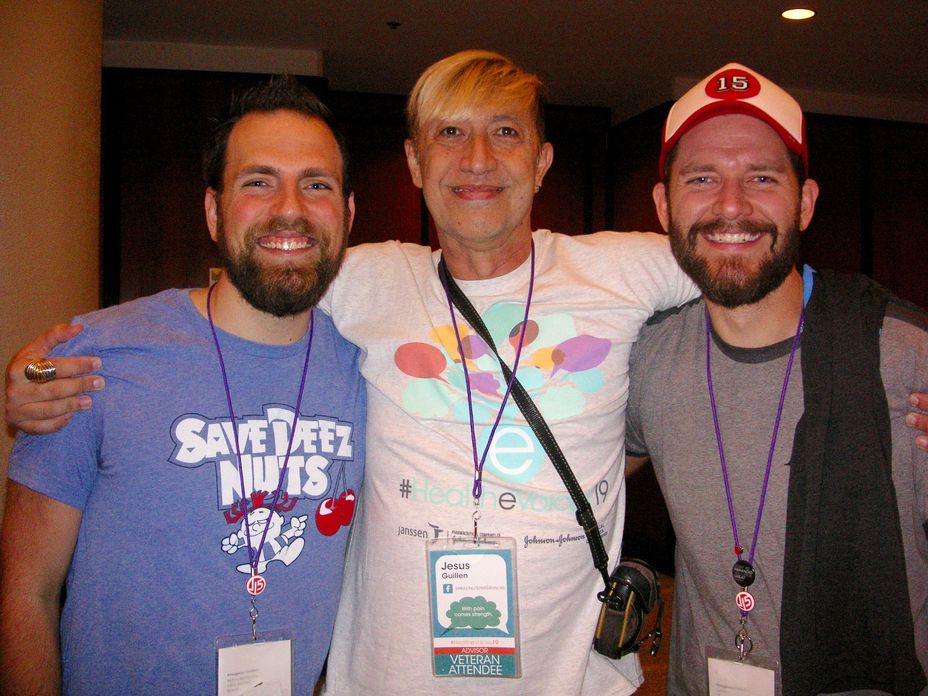Who decides what is sensitive #censure
Some time ago here, in the MIGHTY , my normal regular picture, almost headset, it shows black and it says: WARNING, THIS PICTURE MIGHT CONTAIN SENSITIVE CONTENT.
WHAT? Is AI, or THE MIGHTY , talking about the picture or me?
If anything, OK, I am sensitive content.
I am dangerous, because I speak up, and I am an advocate and an activist, and REPRESENTING means a lot to me.
I AM SENSITIVE, because as an empath, I try my best to listen, but also to feel what you are going through, and what my community is going through.
I AM LOUD, I AM LIGHT, I AM MANY COLORS, I AM A LATINO/X/E, I AM AN IMMIGRANT who came to this country with no LEGAL papers, I AM A GAY MAN, who has many shades and it has not been an angel.
I AM A SURVIVOR, 38 years living/dying with HIV, 12 years CANCER survivor, living with CHRONIC PAIN.
I AM, YES< an expression of an AY AY AY AY, because my pain is always there, and even pain has a cultural connotation.
I AM FREE, but ALWAYS a SLAVE of my journey, trying to be always a GOOD BOY.
I AM EXPRESSIVE, when I have sex, and when I feel the rain and the wind over my face and body.
I AM YOURS, if you want to hear my story as part of the HUMAN LIBRARY.
I AM...who you think I AM, but also many other faces that had been part of your experience and your family's experiences.
I AM, a DREAM, A HOPE, A THORN and SEED.
LOVE YOU....because I'm sending you healing energy, and I know you might feel me, and I might give you a smile.




